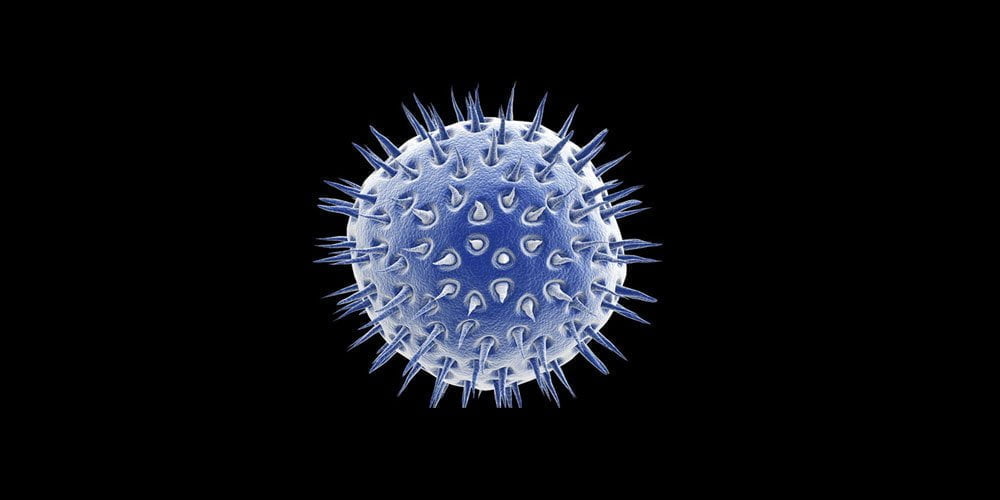Antibodies to the severe acute respiratory syndrome coronavirus 2 (SARS-CoV-2) decline during the weeks after infection, in some cases falling below the threshold for seropositivity within 2 months, according to a national study of health care workers.
Most people who are infected with SARS-CoV-2 develop antibodies to the virus within 2 to 3 weeks.
But how long those antibodies last is unclear.
To learn more, the Influenza Vaccine Effectiveness in the Critically Ill Network, a group of academic centers studying both influenza and coronavirus disease 2019 (COVID-19), enrolled 3248 health care workers in a seroprevalence study.
All worked directly with patients who had COVID-19 at 13 medical centers throughout the US.
Six percent, or 194, of participants had detectable antibodies to SARS-CoV-2 based on enzyme-linked immunosorbent assay test results.
About 80% of these antibody-positive health care workers returned for a second antibody test 2 months later.
At the second test, SARS-CoV-2 antibodies had declined in about 94% of those who initially were seropositive.
About 28% no longer tested positive for antibodies.
Roughly 1 in 5 individuals who had COVID-19 symptoms fell below the threshold for seropositivity at the second test, as did nearly half of participants who were asymptomatic. Older adults and those with lower antibody levels on the initial test were more likely to seroconvert by the second test.
The results suggest that studies using seropositivity as a proxy for previous infection are likely to underestimate the true prevalence of infections, the authors cautioned.
They also suggested that the window for collecting convalescent plasma to use as a potential treatment for COVID-19 is narrow.

